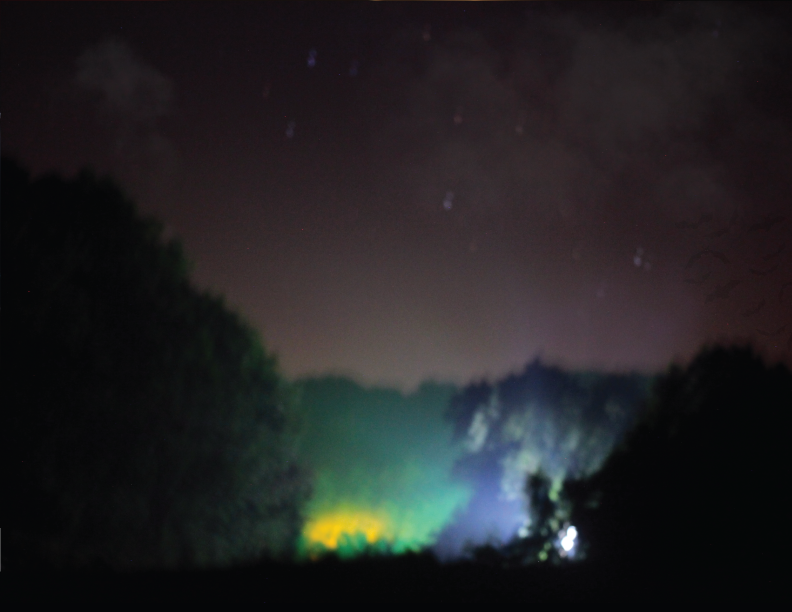In 1754, a letter crossed the desk of Horace Walpole. The English writer, ever fascinated by odd tales, coined the term ‘serendipity’ after reading about the Three Princes of Serendip. It is an ancient Persian tale of travelers who, in pursuit of a missing camel, deduced details about it through sharp observations. Their discoveries were neither blind luck nor innate skill but something related to making observations. The name itself traces back to Serendip, an old Persian name for Sri Lanka, a place that came to symbolize the unexpected encounters and revelations of travel. In Walpole’s account, the tale’s heroes were not merely lucky; they were keen observers who transformed sparse clues into coherent insights which is a form of abductive reasoning rather than passive fortune. In other words, chance might hit anyone, but only people who paying attention to anomalies might learn from unexpected.
But what is serendipity without its shadow? History has a way of balancing its legends. Zemblanity, a term coined by writer William Boyd, is the antithesis of serendipity. It takes its name from the island of Nova Zembla (currently in the territory of Russia), a desolate, frozen place where Dutch explorer Willem Barentsz met despair. In 1596, his attempt to find a northern passage ended in isolation and death, a tale of tragic inevitability where misfortune did not arise from a single failure but emerged through a series of compounding errors.
And then there is Bahramdipity, a term that rarely surfaces, yet it carries a story of ambition and unintended consequences. Named after Bahram Gur, a legendary Persian king celebrated for his triumphs, Bahramdipity captures those moments when forceful actions, intended to secure success, instead lead to ironic failure. One tale recounts his pursuit of a magnificent onager—only to have his relentless chase result in the death of his prized horse.
These three terms are more than just words; they capture the tension between expectation and unexpected, observation and misjudgment. Serendipity is not merely stumbling upon good fortune; it is the act of recognizing value in the unexpected. Zemblanity, conversely, reminds us of how accumulated errors can lead to inevitable failure, while Bahramdipity warns of the cost of forceful ambition, where aggressive pursuit leads to unintentional loss.
What binds these concepts is the role of observation—an act of seeing beyond the obvious. Whether it is the princes deciphering a camel’s traits from subtle clues, Barentsz misjudging his path to survival, or Bahram’s tragic chase, each narrative turns on perception, on how individuals interpret signs. Serendipity rewards the keen observer, Zemblanity punishes those blind to emerging patterns, and Bahramdipity twists ambition into its undoing.
Serendipity, Zemblanity, and Bahramdipity are not mere dictionary entries; they are reflections on human judgment on how we learn, how we misunderstand, and how we sometimes transform even our failures into insights.

















